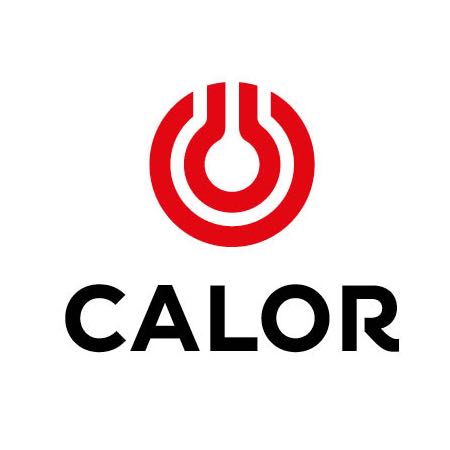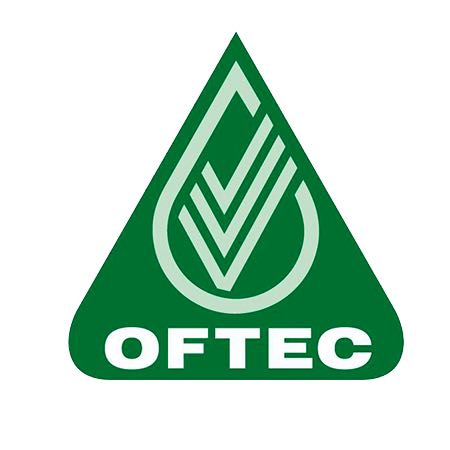
Biomass Boilers
Biomass is any organic matter that can be used as an energy source. Most domestic systems run off wood in the form of pellets, wood chips or logs. They can be designed to heat a single room or to power hot water systems, central heating and underfloor heating.
There are two main types of system; biomass stoves and boilers. Biomass boilers are designed to provide 100% of the space heating and hot water requirements of the property. Wood pellet boilers tend to be the most efficient and they are the smallest boilers, most closely resembling a mainstream boiler.
Operation of a Biomass Boiler:The fuel is loaded into the burning chamber and ignited. The temperature is monitored with a thermostat in the gases and moderated either by increasing fuel load or fan speed. The hot gases are then passed through a heat exchanger to transfer the heat from the gases to the radiators/underfloor heating system. A valve controls the flow of the heating water from the boiler.
Log boilers require manual loading and should always be installed with a thermal store to save up the hot water.
Suitability of a Biomass Boiler:Grant Vecta in situBiomass systems can be installed in all new build properties and can be ‘retro’ fitted in existing buildings. They are ideal for properties currently being heating by LPG or oil.
Source of Fuel:An important consideration is where you intend to source your fuel from. Wood pellets can be delivered in sacks or blown into a storage room or hopper. The fuel store will need to be covered and dry, with easy access for a delivery vehicle.
Siting of Appliance:It may be worth considering an outdoor ‘box’ to house the fuel hopper and/or boiler. All boilers require a suitable flue.
You will require an EPC, Room by Room Calculation and GDA (Green Deal Assessment) to be carried out on your property.











